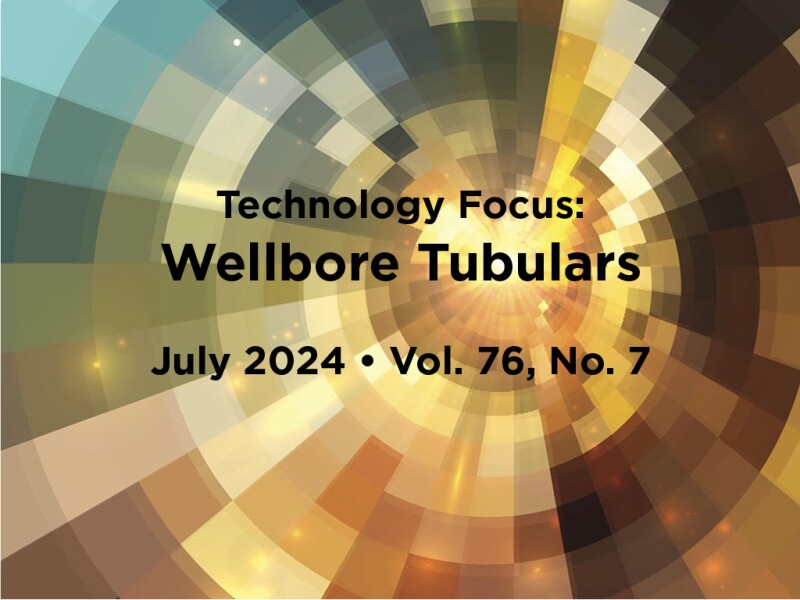The oil and gas industry has witnessed significant advancements in downhole technology, driving improved efficiency, sustainability, and well integrity. The technical papers here offer valuable insights into these developments, exploring nonmetallic downhole tubulars, collaborative ecosystems, material selection, environmental sustainability, and mechanical evaluation, showing a promising alternative to traditional steel counterparts.
Paper SPE 214647 explores operational experiences with glass-reinforced-epoxy-lined tubing, highlighting significant benefits such as corrosion protection, cost savings, and improved well integrity. The journey from pilot to large-scale implementation reveals valuable insights into the technology’s evolution and challenges faced by operators.
Complementing this, paper IPTC 23491 emphasizes the pivotal role of ecosystem partners in realizing nonmetallic tubulars. It underscores the need for multidisciplinary collaboration across academia, research institutes, manufacturers, and service providers to navigate challenges and drive innovation effectively.
Paper IPTC 23549, included in the recommended reading list, delves into materials and construction aspects critical for successful deployment. It discusses the selection of nonmetallic materials, pipe-construction considerations, and the importance of standardization to meet stringent downhole requirements, signaling a path toward product development and commercialization.
Concurrently, paper SPE 214488 addresses mechanical evaluations and interventions in nonmetallic tubulars, showcasing advancements in testing methodologies and tool deployment. Insights gleaned from these evaluations inform future research and development efforts to enhance product reliability and performance.
Finally, the carbon life-cycle assessment of nonmetallic tubulars in recommended-reading paper IPTC 24122 underscores environmental sustainability as a driving force behind innovation. By evaluating carbon footprints and life-cycle effects, the industry seeks to adopt ecofriendly solutions without compromising operational efficiency.
The synthesis of these papers underscores the transformative potential of nonmetallic downhole tubulars in reshaping oilfield operations. Through collaborative partnerships, material advancements, rigorous testing, and environmental considerations, the industry strives toward safer, more-sustainable, and more-cost-effective solutions.
This Month’s Technical Papers
Partnerships Crucial in Developing Nonmetallic Downhole Tubulars
Nonmetallic-Based Tubulars Provide Superior Integrity, Cost Savings
Study Conducts Mechanical Evaluation of Nonmetallic Tubulars
Recommended Additional Reading
IPTC 23549 Making Nonmetallic Downhole Tubulars a Reality—Materials and Construction by Serena L.M. Goh, Baker Hughes, et al.
IPTC 24122 Carbon Life-Cycle Assessment of Nonmetallic Downhole Tubulars by P. Sarmah, Baker Hughes, et al.

Babatunde A. Salawu, SPE, is a drilling engineering professional currently working with Shell Energy Company. He holds a bachelor’s degree in electrical engineering from Ahmadu Bello University and an MS degree in well engineering and design from Robert Gordon University. Salawu is a licensed professional engineer registered with the Association of Professional Engineers and Geoscientists of Alberta. He is also a certified project management professional recognized by the Project Management Institute. Throughout his career, Salawu has made notable contributions to the Society of Petroleum Engineers. He served as a lead technical resource for the Project Management Masterclass for the SPE Lagos Section. Salawu’s research interests and specialties lie in renewable energy technologies.

